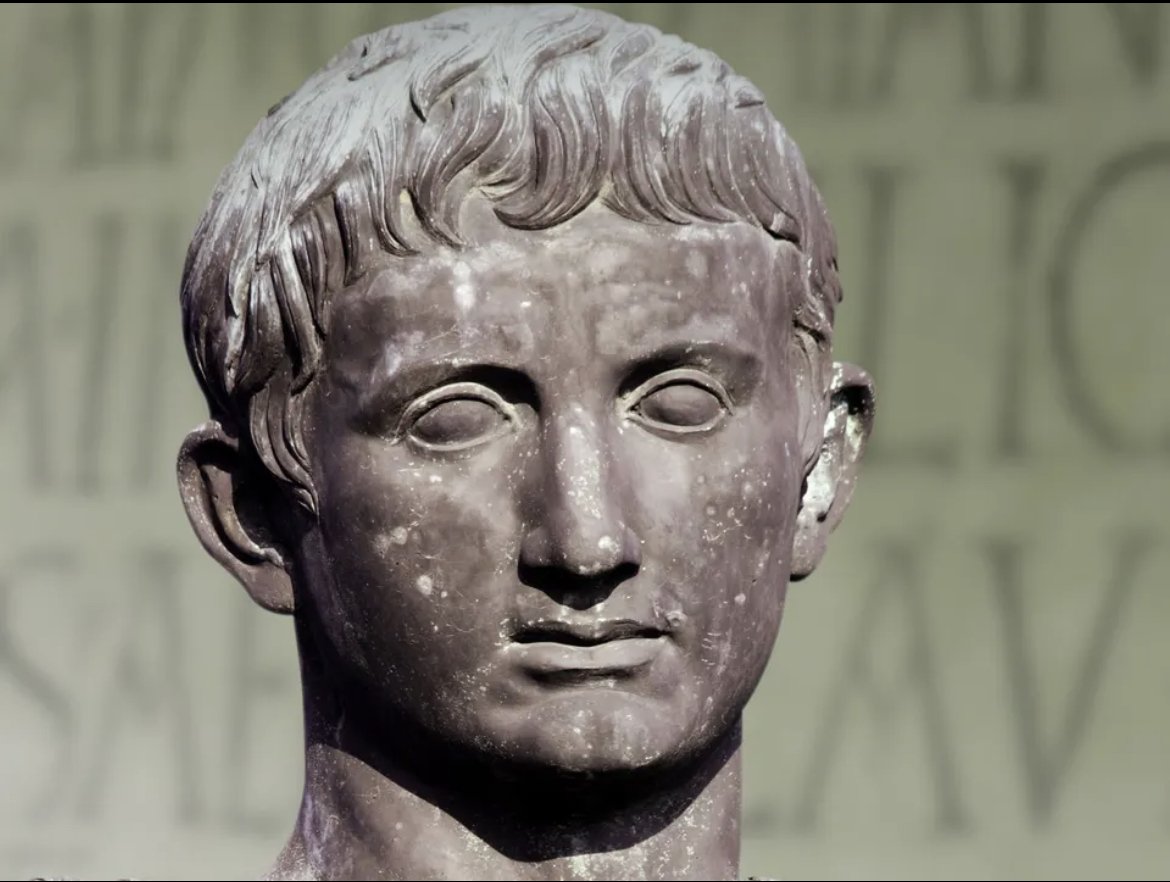Publications

Do The Right Thing: Returning Looted or Stolen Art (and How Not to Buy It in the First Place)
Returning stolen and looted art is a complex and lengthy process, involving legal and political challenges. Nonetheless, transferring ownership to the government for repatriation, as exemplified by the Worcester Art Museum, aligns with property laws and represents the morally right course of action. Objects of this nature should be returned to their rightful owners or to the countries or cultures from which they originated if there is any doubt regarding their true ownership. To safeguard yourself from such situations, diligent research and thoroughness are imperative.

Highlights Of the Art Market in 2022
Artprice.com has released its report, “The Art Market in 2022”. At 72 pages, it is a comprehensive look at the global art market, which is especially interesting to professional advisors to collectors of Art. International fine art auction turnover rose slightly in 2022, more than one million artworks appeared at auctions in 2022, of which almost two-thirds (65%) found buyers.

People Will Pay For Comics NFTs: Why Does It Matter?
NFT collectors value the ownership and control of these digital assets, often above their market value so estate planners must utilize and take advantage of unique estate planning techniques, such as a scenario planning process, illustrating for the clients, the process used to preserve the ownership of these assets, as if we were telling a story, in which the desired ending satisfies the client’s needs.

Lifting The Veil: Art Deals, The Bank Secrecy Act And The Need For Art Fiduciaries
The use of the art market to launder drug money; and, how the government is dealing with the issue by extending the reporting requirements of the Bank Secrecy Act to the art and antiquities market. The reporting requirement is a sharp departure from the otherwise confidential art market and will require artists and collectors to change their mindset when buying and selling art. Indeed, this change, the proposed changes in the U.S. tax laws and the emergence of non-Fungible Tokens (NFT) is prompting a sea change in how fiduciaries manage these assets during lifetimes and after death.

The Art Of Managing A Collection
Management of artwork and other collectibles can be simplified by aggregating assets based on: 1.) the role that the owner plays for income tax purposes; 2.) the owner’s goals in life and at death. To manage collections effectively, we need perceptive market analysis with the ability to sort significant trends from fads, we need detailed expertise with income and estate taxes peculiar to tangible assets, and last but not least, we need to be sensitive to the feelings and emotions peculiar to the collector and heirs.

Own A $7 Million Trading Card? Time To Do Some Income Tax Planning!
Baseball cards, and other trading cards have had a surge in popularity. Finding and selling one of these valuable cards could be a great return! When you do, also need to think about income taxes when you sell artwork or collectibles. Your income from selling tangible assets, such as trading cards, is taxed differently than income or gains from other investments. How you own a collectible will control how much income tax you will pay on the gains from a sale.

Whither Donations Of Art To Museums In 2021?
What is the future of art collections and museum donations for 2021 and beyond?
Will museums with limited capacities be willing and able to accept specific artwork or even entire collections, now owned by artists and collectors who are in their 80’s and 90’s?
“What is required is planning for a current and ongoing collaboration between artists and collectors on one hand,and museums on the other for the creation and access to a virtual as well as physical collections.”
